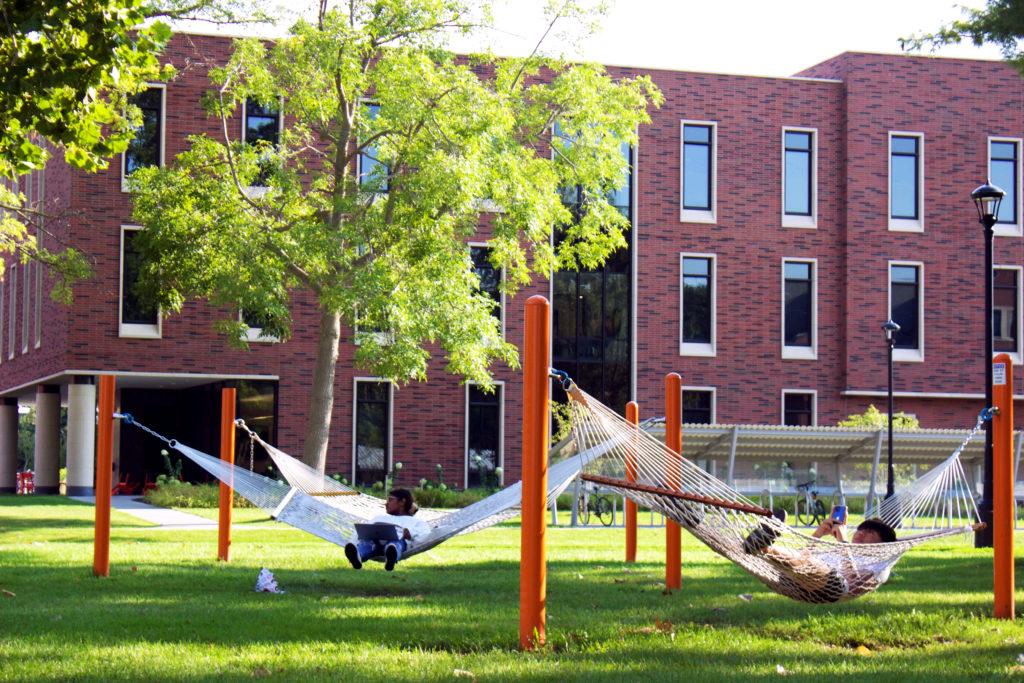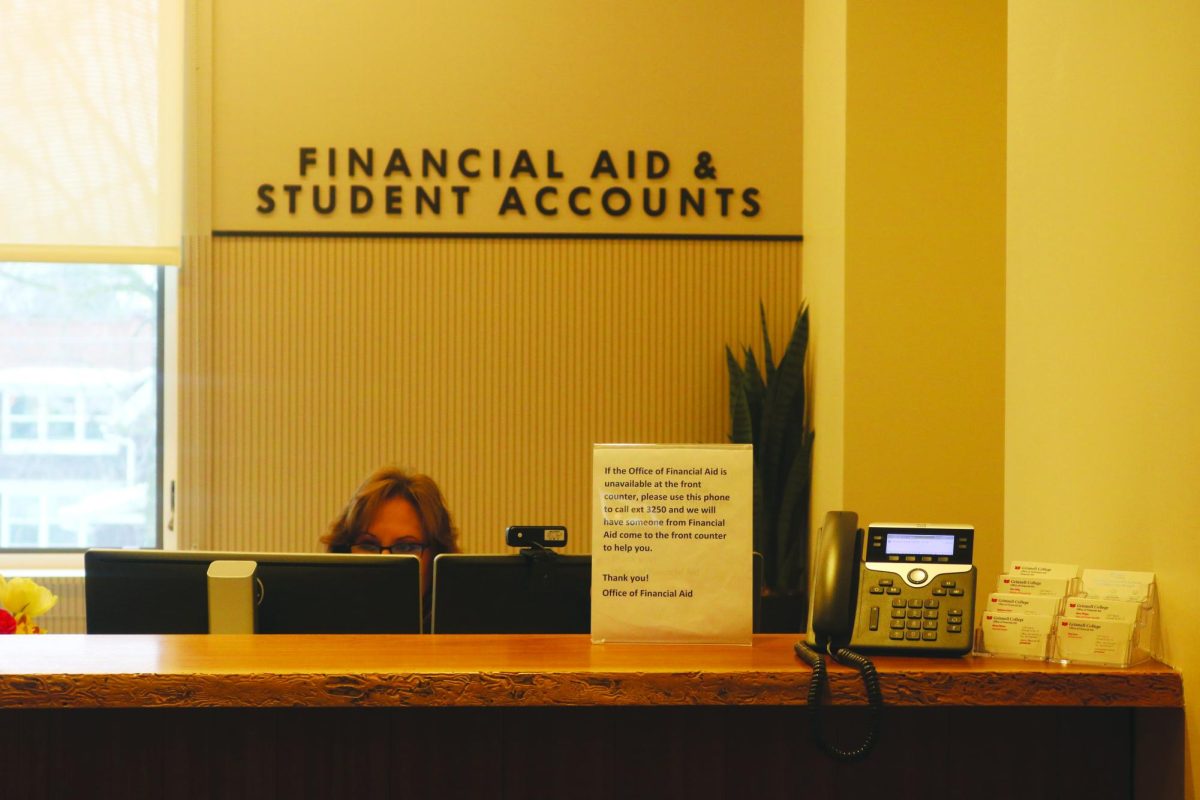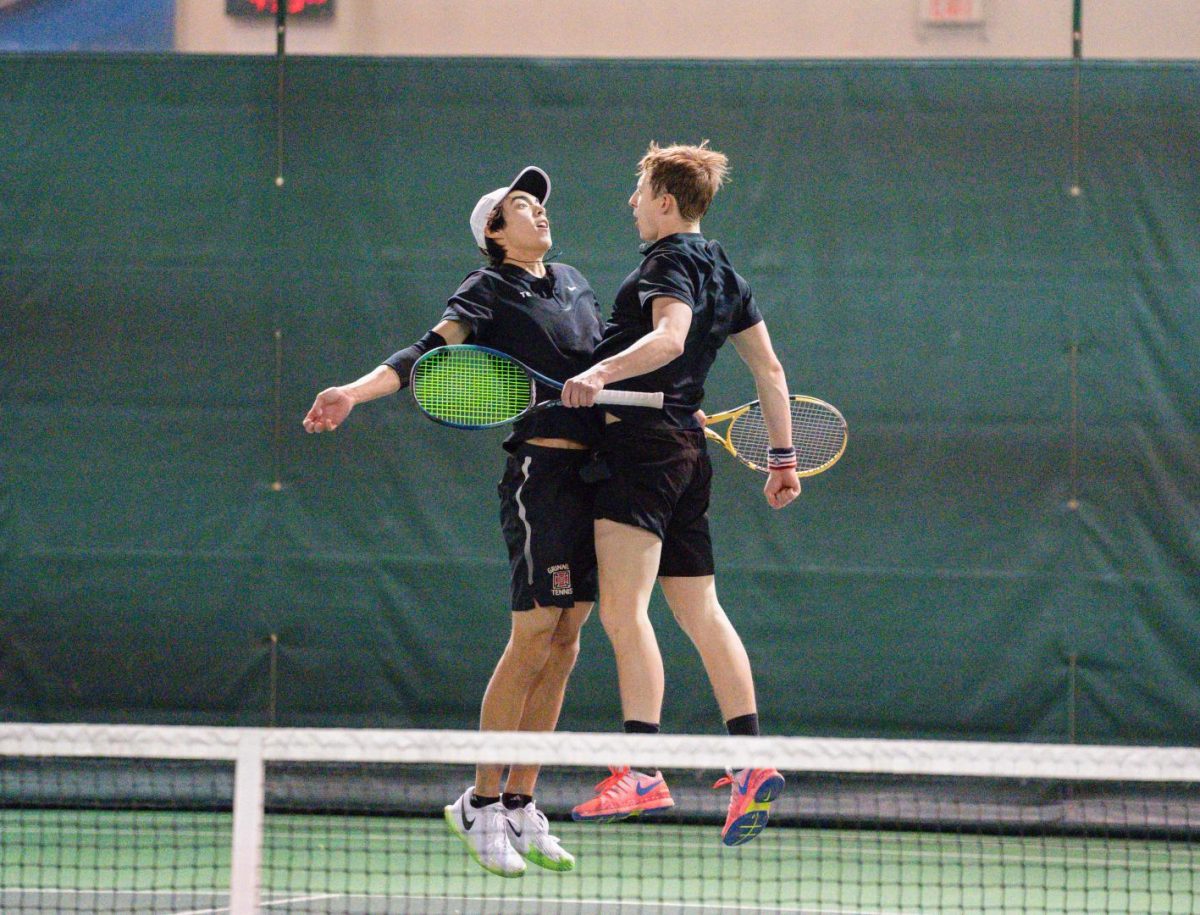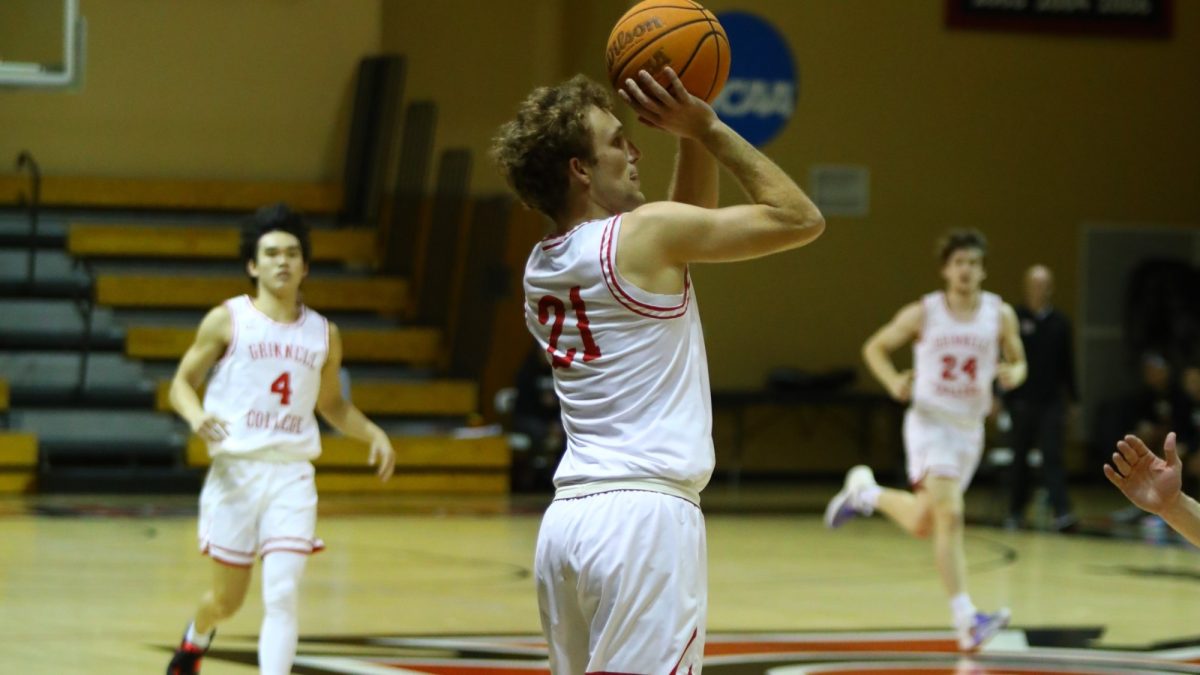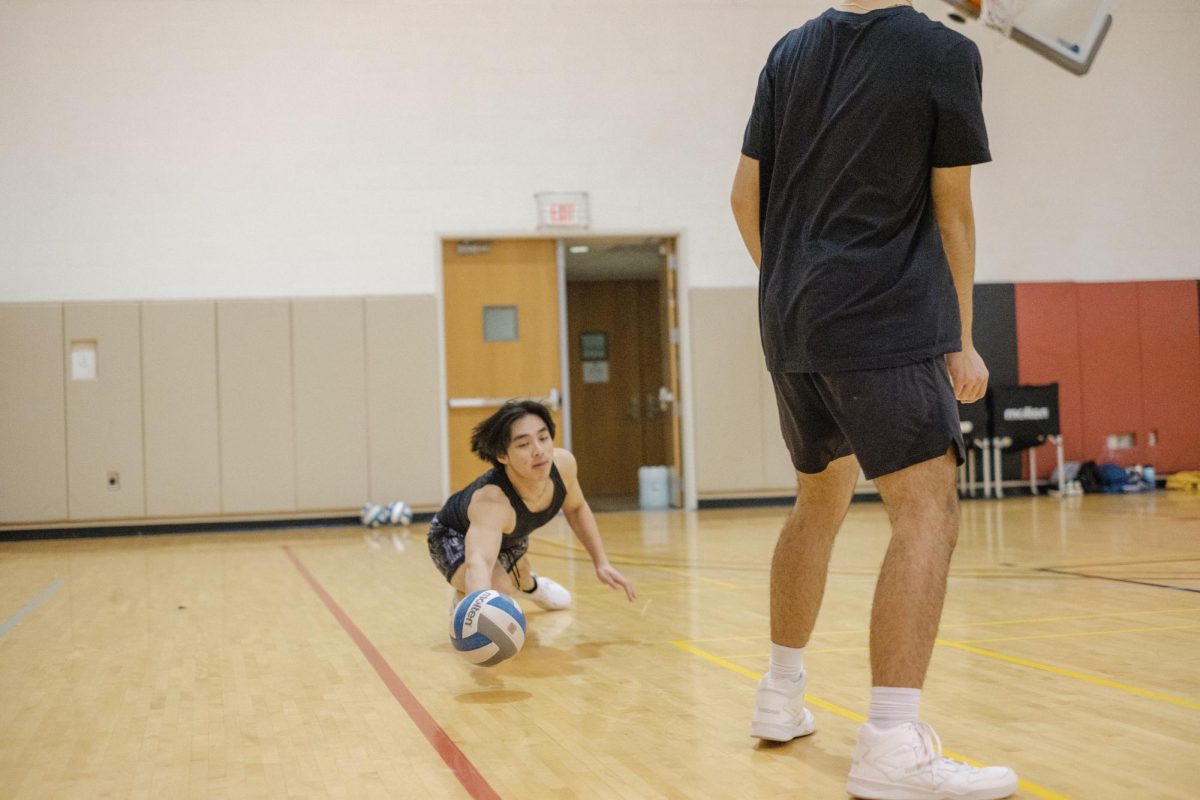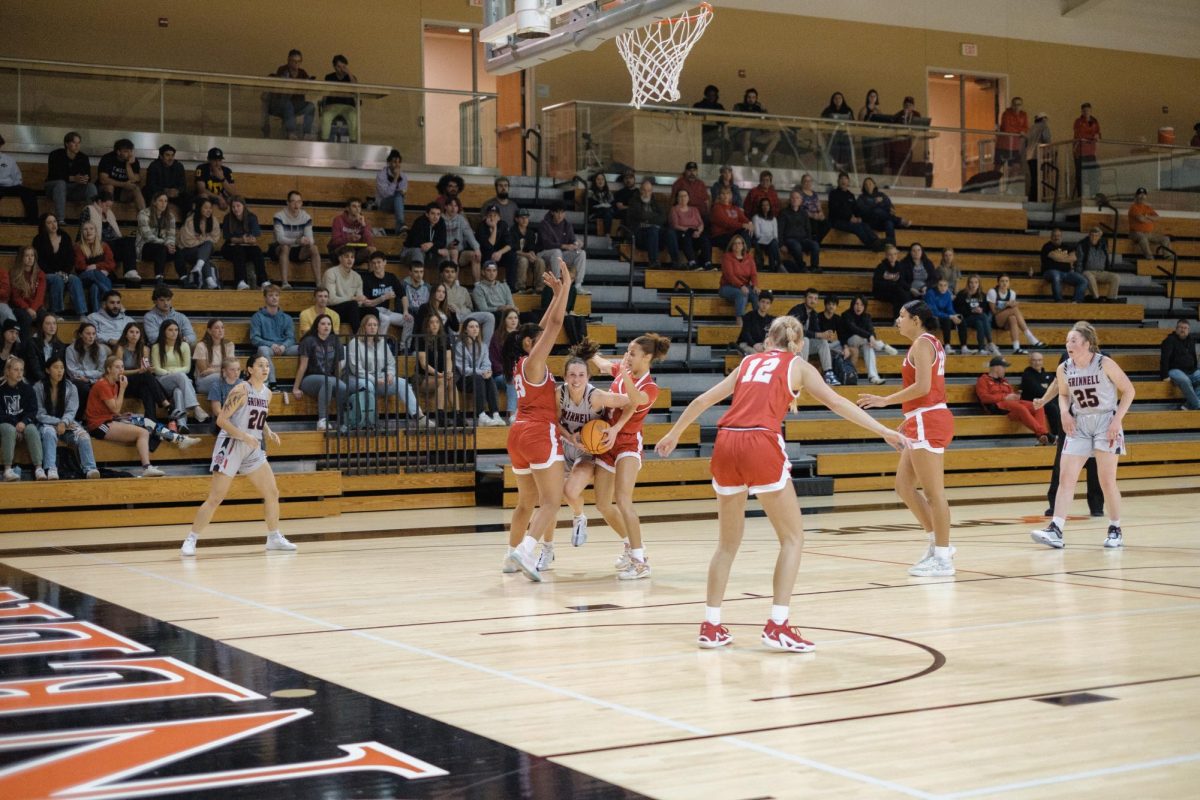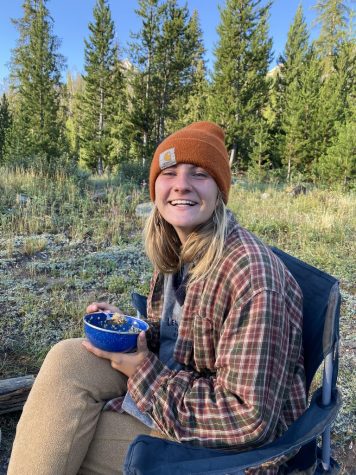Eighteen months have passed since Grinnell College has had its full student population living on campus – and that campus is composed of a drastically different student body than lived there in March of 2020. The class of `20 and `21 are gone. Other students have transferred. Even returning students who are arriving back on campus describe themselves as different people than when they left at the start of the pandemic.
Antonella Diaz `23 was on the last flight into Quito, Ecuador in March of 2020, and did not return to campus until this August. Diaz struggled with her mental health over the course of the pandemic, making it difficult to keep in touch with her friends. When she arrived back in Grinnell, she said she was scared and didn’t remember how to do many of the basic things like get in line at the Dining Hall.
She also wondered how her first-year friendships would be affected. But Diaz noted the social aspect of her experience has been extremely positive, saying, “We all really went through something and then we came back and we could empathize with each other and be like, ‘yeah, I’m sorry this happened, something similar happened to me, and you know I’m here for you.’ I just really like that it’s just a much more supportive community.”
“I feel like I have been meeting the same people again, because they’ve changed completely, like with their relationship with their family, their relationship with themselves, their majors even,” said Diaz. “So, I feel like I am just getting to know my friends again. Which has been really cool.”
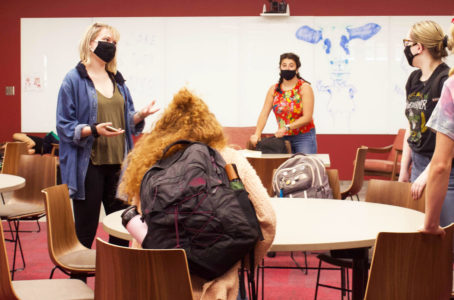
For third- and fourth-year students, there seems to be a clear difference between the returners and those who never experienced Grinnell prior to the COVID-19 pandemic.
“It feels like the lower classmen dominate more so than us because this is their reality. This is what they’ve always known. Whereas we are kind of finding the balance between what we used to know versus what is Grinnell now. We are kind of more unstable [and] uneasy than even they are,” said Diaz.
Returning to campus has proved equally daunting for many second years, who have never experienced Grinnell. Haily Collins `24 arrived on campus this fall knowing no one. Without the structure usually provided for first years through New Student Orientation and other organized activities, she said, meeting people has been difficult. Aside from the few familiar faces from online classes and her roommate, Collins said she knows no one else on campus.
Collins said socializing has been particularly difficult, largely because she often doesn’t feel like she knows what is happening on campus. One of the most substantial changes on campus has been the lack of all-campus activities. Normally Harris dances, concerts and other social events provide a place for underclassmen to meet people and connect with the campus. Without those events, people rely on word-of-mouth to hear about student gatherings, which leaves the people without social networks grasping in the dark.
“As far as different activities and stuff going on I’m always like, I feel like I’m last to hear because I don’t talk to many people yet and so I don’t know what’s going on,” said Collins.
Declan O’Reilly `22 and Sam Rowekamp `22 both took the 2020-21 academic year off so they could have their last year at Grinnell in person. They said they found it strange to be on a campus with as such a minuscule population overlap from when they started at Grinnell in 2017, but both expressed optimism about the future.
O’Reilly said that despite not knowing many of the students on campus, “It feels like we keep admitting the same kind of students, so even though I don’t know them, it’s oddly familiar just being around them because a lot of them seem to have a lot of the same values or just shared experiences.”
Rowekamp feels that the fresh attitudes on campus might be creating a shift for the better.
“Ever since I can remember, jadedness has always very much been a thing at Grinnell. People are very like, ‘Self-gov is dead, fuck the administration, they are always working against us, everything is broken and what is the point,’” said Rowekamp.
It feels like we keep admitting the same kind of students, so even though I don’t know them, it’s oddly familiar just being around them because a lot of them seem to have a lot of the same values or just shared experiences. – Declan O’Reilly `22
“People don’t have that residual bitterness that comes from having been on campus for four full years,” he said, adding that he thinks this is a shift for the better.
Elina Keswani `24 spent her entire first year off-campus doing classes remotely. Despite the difficulties of navigating relationships she formed completely over the internet, Keswani said she was pleased with the culture she walked into.
“It’s just a really collaborative and cooperative environment and I think people are just trying to lift each other up as well,” she said. “We are all kind of going through this big thing together and it has made us all closer, there’s some kind of solidarity at least.”

















































